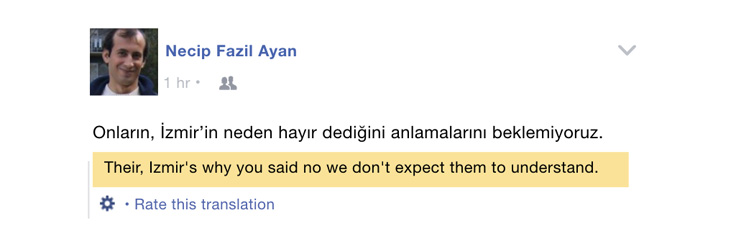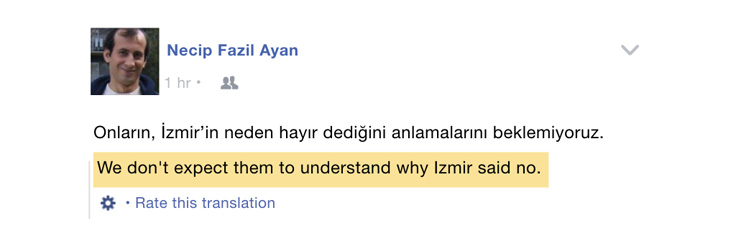AI set to be a major feature for both Google and Facebook

The artificial intelligence (AI) that everyone in the tech world is concerned with right now may be nothing like the movies but it is still incredibly interesting. Google and Facebook have long since promoted the various uses of AI and both companies are now using the technology more than ever.
Facebook, for its part, has announced that its translation services are now powered entirely by artificial intelligence. Its previous method of using phrase-based mechanisms often resulted in broken translations but the social network is confident that the artificially intelligent neural network will do a much better job.
The transition to a translation service powered entirely by AI was in the works for quite some time so Facebook could test the waters and see how the neural network stacked up against more traditional approaches.
Now, it is evident that the AI neural network can provide much better and more accurate translations. One of the simplest reasons for that is the fact that it can take entire sentences into account so that it doesn’t produce gibberish, out-of-context phrases.


Of course, that is merely an oversimplification. Facebook’s translation technology has a very interesting background. The process behind the transition and the technology has been explained in detail right here.
Not to be outdone by Facebook, Google has also been focusing a lot more in AI across a multitude of its services. What the company is best known for, however, is its search engine and that is precisely where some of the biggest AI strides are being made.
You may recall, for example, that Google recently rolled out a fact-checking feature that is powered by AI. Similar applications are continuously applied in the background, improving searches for all.
However, researchers at the Texas Advanced Computing Center demonstrated that the tech giant could actually do more to improve its searches. The winning combination AI, supercomputers, and crowdsourcing allowed them to target natural language processing and get consistently better results than before.
Natural language processing is something that Google has always been keen on improving. Over the years, its search engine has been consistently improved so that pretty much everyone can find what they are looking for, even if they don’t know what that is.
Searching by keywords is something that comes naturally to tech-savvy individuals but seems like an impossible task for the rest of the world. Ask any tech support technician and they will tell you that a large part of their job is knowing how to Google things correctly, a skill that many do not possess and do not even know how to cultivate.
Nevertheless, AI and machine learning are likely to keep popping up a lot more in the next few years, particularly since major companies like Facebook and Google are integrating such technologies into their mainstream services.
While most people will probably not know why their searches or translations are better, they will at least be able to reap the benefits.



